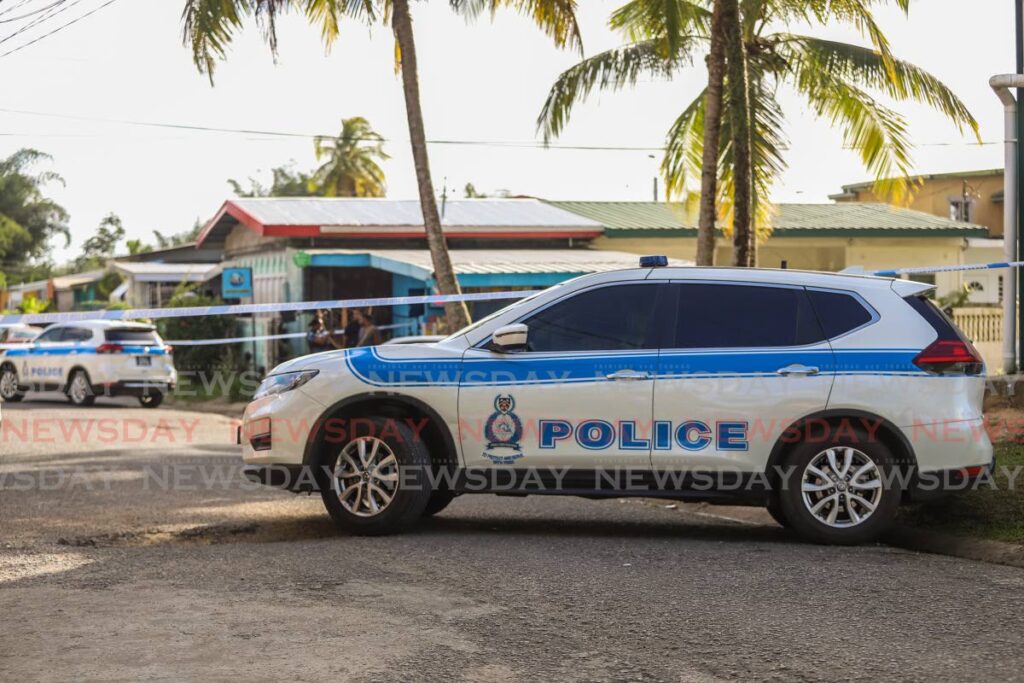Serious allegations

ALLEGATIONS of sexual harassment, corruption and racketeering in the Municipal Police Service should be treated with the seriousness and urgency they deserve.
To this end, we welcome the assurance by head of the Municipal Police, Assistant Commissioner Surendra Sagramsingh, that a wide-ranging probe has commenced in the wake of complaints aired through social media channels in relation to how promotions and extra duty rosters are being handled.
The assistant commissioner has complained allegations of attempts to solicit sexual favours in exchange for promotion and extra duties have been aired via WhatsApp messages, but he should focus on the message not the medium.
If proven true, such occurrences are profoundly disturbing and expose yet another facet of the problem of police misconduct as well as gaps in systems of accountability meant to address this problem.
Municipal police officers have the same duties as the police but they are, nonetheless, subject to a separate regime. The reasons for this anomaly are historical.
In the days of British colonial rule, every village had a police station with officers and they performed sundry duties, even sometimes acting as postmen. In a way, these officers were the prototypical models for what would later become known as “community policing,” which placed emphasis on officers forging grassroots relationships.
While the 14 municipal police services were amalgamated into one organisation in 2014, municipal police remain somewhat sidelined in the wider law-enforcement landscape.
Only recently did Parliament, for instance, pass legislation formally empowering such officers to carry guns in public places.
The municipal police also do not fall under the policing head of the budget, but rather the head that relates to local government.
At the same time, there are moves for the State to rely more and more on municipal police to address the country’s crime concerns.
With anywhere between 700 to 1,500 municipal officers employed or earmarked to be recruited, Minister of Rural Development and Local Government Faris Al-Rawi last year expressed the desire for these officers to play a role within national crime-fighting policies and efforts.
In recent months, municipal police in the capital have also been conducting community outreach and making an effort to be more visible in the wake of concerns that the city is becoming more and more unsafe.
It makes sense for municipal police to have a greater role in crime-fighting, but only if there is a clear synergy, if not all-out absorption, of these officers within the larger national policing effort.
For the moment, it is ironic that while they are treated differently, municipal police officers have to face the same burning problems of corruption among their ranks and a lack of secure, independent channels for reporting and investigating it.


Comments
"Serious allegations"